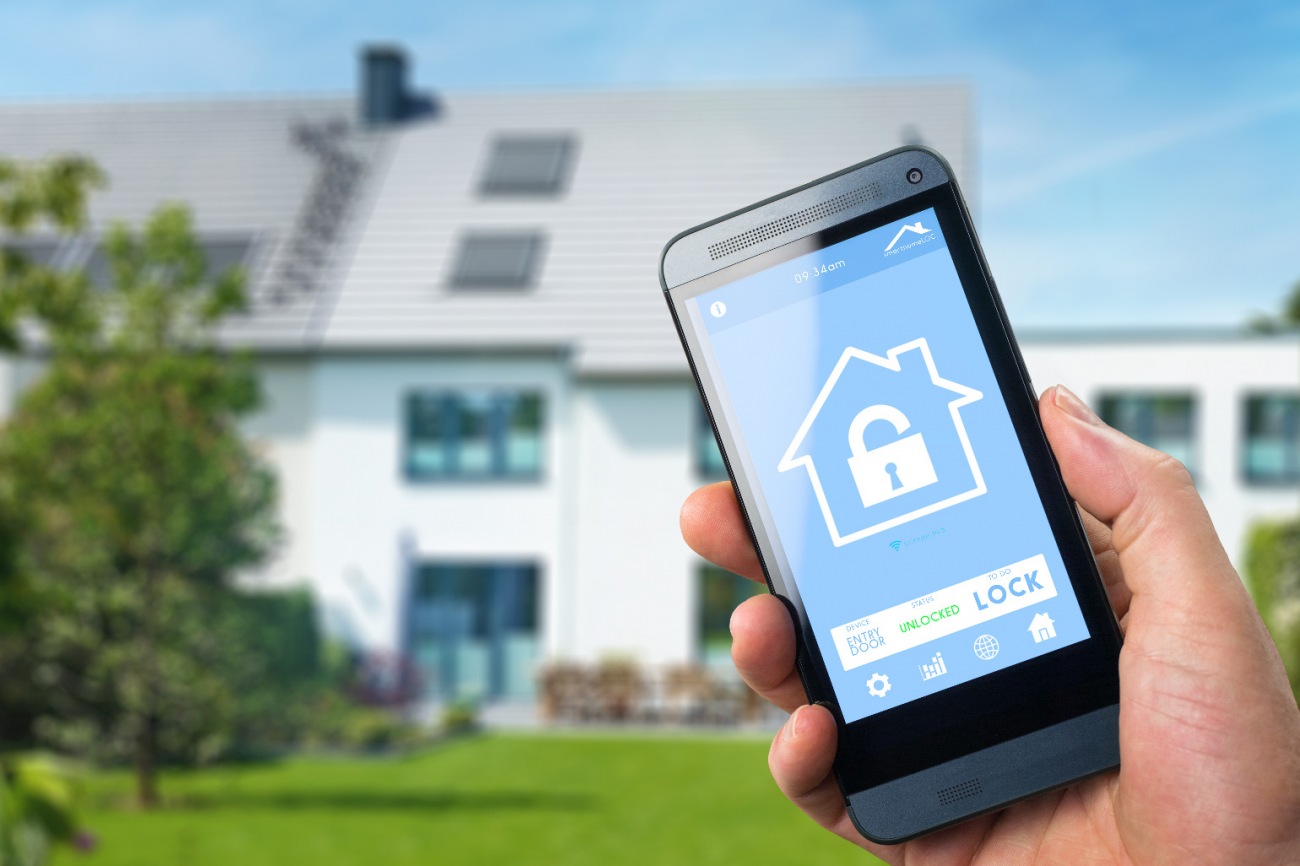In today's rapidly evolving technological landscape, the term AI smart home has become a buzzword, raising intrigue and curiosity among homeowners and businesses alike. But what is an AI smart home, and why should you care? At its core, an AI smart home integrates advanced artificial intelligence (AI) to automate and enhance everyday tasks, making life more convenient and efficient. It's not just about controlling lighting or temperature with a voice command; it's about creating an intelligent ecosystem that learns and adapts to your preferences over time.
Imagine a home where the thermostat adjusts itself based on your daily routine, where lights turn off when no one is in the room, and where entertainment systems align with your mood. This is the promise of an AI smart home. For those interested in diving deeper into the benefits of smart thermostats, check out this article.

Components of an AI Smart Home
The backbone of an AI smart home is its interconnected devices, which include smart speakers, cameras, thermostats, and more. These devices communicate with each other and adapt to the user's lifestyle. For instance, a smart speaker may serve as the central hub, processing voice commands and relaying them to other devices. Meanwhile, smart cameras can enhance security by recognizing familiar faces and alerting you to any anomalies. Learn more about how AI powers smart homes from this insightful resource.
The Role of Machine Learning
Machine learning is a pivotal component of AI smart homes. It allows the system to process data and make informed decisions. For instance, by analyzing your daily habits, the system can optimize energy usage, saving you money on utility bills. If you're curious about the distinction between AI and machine learning within smart homes, this article offers a comprehensive overview.
Benefits for Homeowners and Businesses
The advantages of adopting an AI smart home are manifold. For homeowners, it means increased convenience, enhanced security, and potential cost savings. Businesses, on the other hand, can benefit from streamlined operations and improved asset management. The adaptability of AI allows users to customize their environment, ensuring comfort and efficiency. For a guide on AI recommendations for homeowners, check out this resource.
Security and Privacy Concerns
While the benefits are enticing, it's crucial to address security and privacy concerns. With so much personal data being processed, ensuring robust security measures is paramount. Users must be vigilant about their network security and device settings. For a detailed checklist on securing your smart home, visit this guide.
Future of AI Smart Homes
The future of AI smart homes is bright, with advancements in technology paving the way for even more sophisticated systems. From predictive maintenance to personalized wellness programs, the possibilities are endless. As AI continues to evolve, so too will its applications in our daily lives.
Integration with Other Technologies
As AI smart homes become more prevalent, their integration with other emerging technologies, such as the Internet of Things (IoT) and 5G, will enhance their capabilities. This synergy will lead to faster communication between devices and more accurate data processing, further enriching the user experience.
Conclusion
In conclusion, the concept of an AI smart home is no longer a futuristic dream but a current reality that offers numerous benefits for both homeowners and businesses. By understanding its components, advantages, and potential challenges, one can make informed decisions about integrating AI into their living and working spaces. For those new to smart home installations, this beginner's guide can be invaluable.

FAQ
What is the primary function of an AI smart home?
An AI smart home primarily functions to automate and enhance daily tasks, providing convenience, efficiency, and security.
Are AI smart homes secure?
While AI smart homes offer enhanced security features, users must ensure robust network security and device settings to protect personal data.
How does AI in smart homes save money?
AI optimizes energy usage based on user habits, potentially reducing utility bills and improving overall efficiency.

